SEO, or search engine optimization, is a holistic approach to enhance a website’s visibility on search engines. It encompasses both on-page and off-page SEO techniques to improve rankings and attract organic traffic. While on-page SEO involves optimizing content and HTML elements on the website itself, off-page SEO techniques focus on external factors like backlinks, social signals, and online reputation management.
Get A Free Estimate on Website DesignApproach to On-Page and Off-Page SEO

In the digital landscape, SEO, or Search Engine Optimization, operates through two main channels: On-Page SEO and Off-Page SEO, each playing a crucial role in determining a website’s success.
Off-Page SEO

Off-Page SEO, on the other hand, revolves around activities beyond your website that still impact its search engine rankings. The key focus here is on building a reputable image for your site across the internet. This involves acquiring high-quality backlinks from other trustworthy websites, engaging in social media strategies, and participating in online communities.
On-Page SEO

On-Page SEO primarily involves optimizing the various elements within your website itself. This includes incorporating relevant keywords into your content, creating clear and concise title tags, ensuring swift page loading times, and organizing your content with proper header tags. Essentially, On-Page SEO is like fine-tuning your website to be both user-friendly and easily understandable by search engines.
Get A Free Estimate on Website DesignA Step-by-Step Approach to Off-Page Success

Off-page SEO is a crucial aspect of optimizing your website’s visibility and ranking on search engines. A well-executed off-page strategy can significantly enhance your site’s authority and credibility. Here’s a step-by-step approach to off-page success
1. Link Building

Link building is a fundamental component of any successful SEO strategy. It involves acquiring high-quality, relevant backlinks from reputable websites to improve a site’s authority and search engine rankings.
2. High PR backlinks
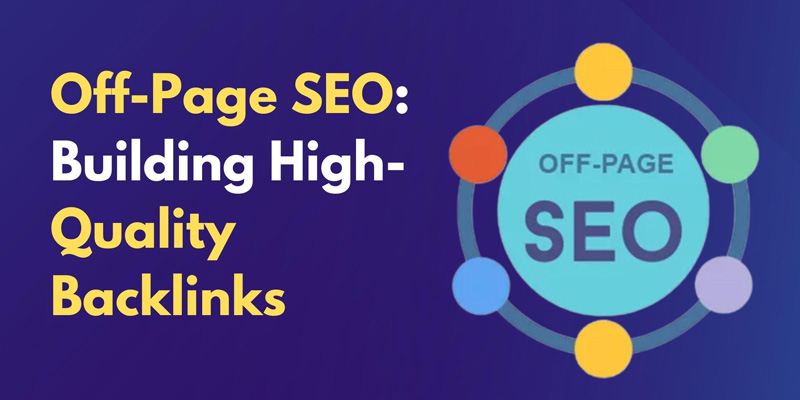
High PR (PageRank) backlinks are links coming from websites with a high Google PageRank, indicating a strong level of authority. Acquiring such backlinks is crucial for improving a website’s credibility and search engine rankings. These links carry more weight in search algorithms, signaling to search engines that the linked content is valuable and trustworthy.
3. Gov Backlinks

.Gov backlinks are highly sought after in the SEO landscape due to their authority and trustworthiness. These backlinks originate from government websites, carrying a significant impact on a site’s search engine rankings. Search engines consider .gov domains as reliable sources of information, and obtaining backlinks from these sites can enhance a website’s credibility.
4. EDU Backlinks

.EDU backlinks are valuable links originating from educational institutions, such as universities and colleges. These backlinks are highly regarded by search engines due to the authoritative nature of educational websites. Acquiring .EDU backlinks can contribute significantly to improving a website’s credibility and search engine rankings.
5. Social Bookmarking

Social bookmarking involves saving and organizing website links on online platforms, enabling users to share and discover content. Popular social bookmarking sites like Reddit, Digg, and Pinterest allow users to submit, discuss, and vote on content, influencing its visibility.
6. Directory Submission

Directory submission is a process where a website’s information is submitted to online directories, categorized by industry or topic. This practice helps improve a site’s visibility and provides backlinks, contributing to better search engine rankings.
7. WEB 2.0 Submissions

Web 2.0 submissions involve creating and publishing content on web 2.0 platforms, which are user-generated content-sharing websites. Examples include Blogger, WordPress, and Tumblr. Utilizing these platforms allows for building backlinks and enhancing online visibility, making them an integral part of a diversified SEO strategy.
8. Blog Commenting

Blog commenting is an engagement strategy where users leave comments on blog posts to interact with the content or start a discussion. In the context of SEO, strategically commenting on relevant blogs can contribute to building backlinks and increasing the visibility of your own website.
9. Business Submissions
Business submissions involve listing a company’s information, such as name, address, phone number, and website, on online directories and platforms. This practice is crucial for local SEO, enhancing a business’s online presence and making it more accessible to potential customers.
10. Guest posting

Guest posting is a content marketing strategy where individuals or businesses contribute articles to other websites, usually within their niche. This practice not only helps in building relationships with other online communities but also provides valuable backlinks, enhancing the contributor’s website authority.
11. Forum Submission

12. Social Media

Social media is a powerful platform for connecting with a global audience, promoting content, and building brand awareness. Engaging on platforms like Facebook, Twitter, and Instagram allows businesses to interact directly with their audience, share updates, and foster a sense of community. Leveraging social media effectively enhances online presence, drives traffic, and contributes to overall digital marketing success.
13. Content Writing

Content writing is the art of creating engaging and informative written material for various mediums, such as websites, blogs, and social media. Well-crafted content is essential for conveying messages effectively, capturing audience attention, and improving search engine visibility through SEO optimization.
14. Video Marketing

Video marketing is a dynamic strategy that involves creating and sharing compelling videos to reach and engage a target audience. Platforms like YouTube, TikTok and social media channels are key for disseminating video content. This approach not only boosts brand visibility but also enhances audience connection through the impactful and shareable nature of videos.
15. Podcast Marketing
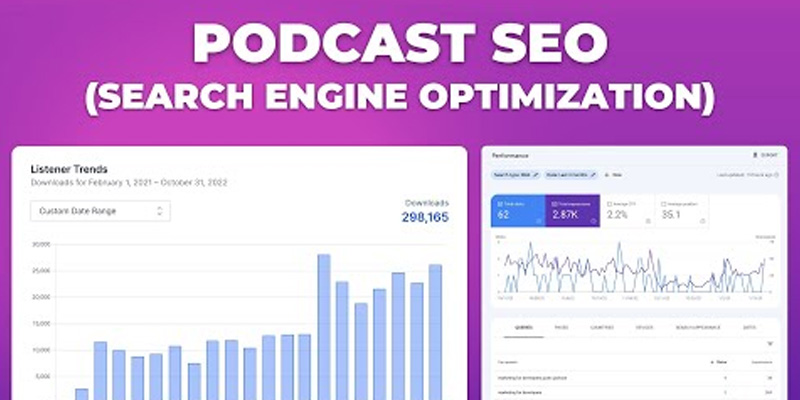
Podcast marketing leverages the growing popularity of audio content, enabling businesses to connect with audiences through informative and entertaining podcasts. Hosting or participating in podcasts provides a unique opportunity to share expertise, build brand authority, and reach a diverse audience.
16. Review and Testimonials
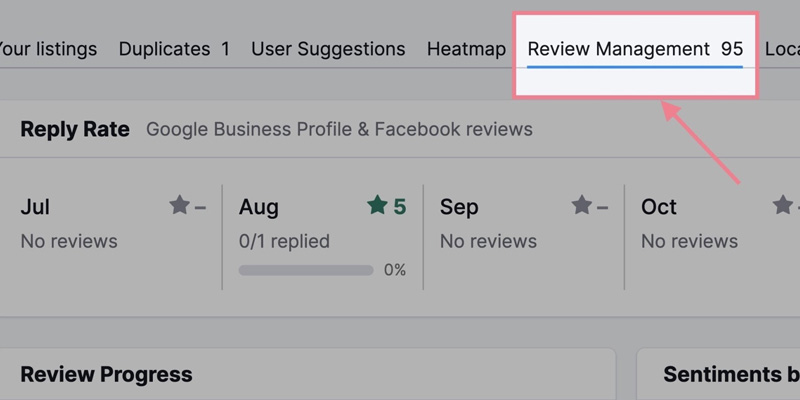
Reviews and testimonials are powerful tools for building trust and credibility. Positive feedback from satisfied customers serves as social proof, influencing potential customers’ decisions. Encouraging and showcasing genuine reviews on your website or platforms like Google My Business can significantly impact your brand’s reputation and attract new customers.
17. Influencer Marketing

Influencer marketing involves collaborating with individuals who have a significant following and influence in a particular niche. By leveraging the reach and credibility of influencers, businesses can tap into their audience, increasing brand visibility and trust.
18. Document Sharing

Document sharing involves distributing and sharing documents, presentations, or files on platforms like SlideShare, Google Docs, or Scribd. This strategy not only increases the reach of valuable content but also provides backlink opportunities for SEO. Leveraging document sharing platforms enhances visibility, establishes expertise, and contributes to a comprehensive content marketing strategy.
19. Local SEO
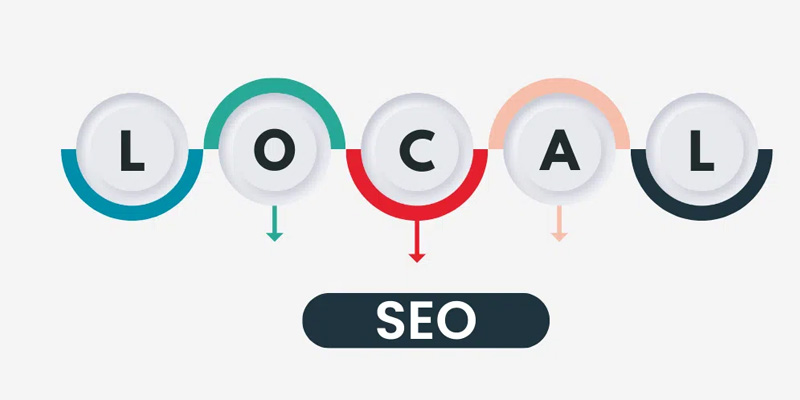
Local SEO focuses on optimizing a business’s online presence to attract customers within a specific geographic area. It involves optimizing Google My Business listings, acquiring local citations, and encouraging positive reviews. Effective local SEO enhances visibility in local searches, making it crucial for businesses targeting a local customer base.
20. Technical SEO
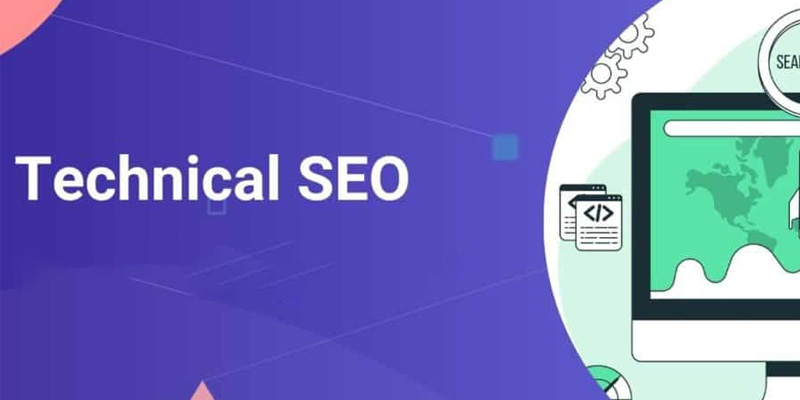
Technical SEO involves optimizing the technical aspects of a website to enhance its search engine performance. This includes improving site speed, implementing proper URL structures, and ensuring mobile responsiveness. By addressing technical issues, businesses can improve their website’s crawlability and indexing, leading to better visibility and rankings in search engine results.
Get A Free Estimate on Website DesignThe Essential Role of Off-Page SEO Techniques

Off-page SEO is crucial for several reasons. Firstly, it plays a significant role in building a website’s authority and credibility. Search engines consider the quantity and quality of backlinks as a vote of confidence from other reputable sites, leading to higher rankings. Secondly, off-page SEO contributes to increased online visibility and brand awareness.
By engaging in activities such as social media marketing, influencer collaborations, and content sharing on external platforms, a website can reach a broader audience and establish itself as an authoritative source in its industry. In essence, off-page SEO extends the impact of on-page efforts, making it an integral part of a comprehensive search engine optimization strategy.
Get A Free Estimate on Website DesignBoosting Your Site’s Search Engine Ranking

Achieving improved search engine rankings is the holy grail of digital presence, and it hinges on a combination of factors. First and foremost, on-page optimization plays a critical role in ensuring that your website’s content is relevant, well-structured, and aligned with search engine algorithms. Meta tags, keyword usage, and a seamless user experience contribute to the on-page elements that search engines consider when determining rankings.
In addition to on-page efforts, off-page SEO is equally vital. Building a robust backlink profile through reputable sources, cultivating a positive online reputation, and engaging with social signals all enhance a website’s authority and credibility in the eyes of search engines. The symbiotic relationship between on-page and off-page SEO strategies is the key to climbing search result rankings and establishing a strong, sustainable online presence.
Get A Free Estimate on Website DesignCreating Highly Shareable Content

Creating shareable content is a fundamental aspect of digital marketing that focuses on producing material with the potential to resonate widely and be shared across various platforms. This type of content not only attracts more views but also amplifies brand exposure and engagement.
1. Understanding Audience Preferences

Understanding audience preferences is pivotal in tailoring content that resonates and engages effectively. By delving into the interests, behaviors, and preferences of your target audience, you can create content that not only attracts attention but also fosters a deeper connection.
2. Optimized for Sharing Platforms

Optimizing content for sharing platforms is crucial for maximizing its reach and impact. By tailoring your content to suit the specific features and requirements of platforms like social media, you enhance its shareability. This includes using the right image sizes, crafting concise and compelling captions, and utilizing relevant hashtags to boost visibility and engagement across various sharing platforms.
3. Engagement Prompts
Engagement prompts are strategic calls-to-action within content designed to encourage audience interaction. By incorporating questions, polls, or invitations for comments, creators stimulate audience participation and foster a sense of community. Effective engagement prompts not only increase the likelihood of interactions but also contribute to a more dynamic and responsive online presence.
Get A Free Estimate on Website DesignSEO Training at our Software House

At our Software House, we offer comprehensive SEO courses to equip individuals with the skills needed to navigate the dynamic world of search engine optimization. Our courses cover essential topics, from on-page optimization to effective link-building strategies, providing a well-rounded understanding of SEO principles. The training is designed to empower participants to enhance website visibility, drive organic traffic, and improve search engine rankings.
Internship Opportunities

In addition to SEO training, we provide valuable internship opportunities for hands-on experience. Our internship program allows participants to apply their newly acquired SEO knowledge in real-world scenarios, working on live projects under the guidance of seasoned professionals. This dual approach of learning and practical application ensures that individuals not only grasp theoretical concepts but also gain practical skills for a successful career in the field of SEO.






 i am Ahsan.
i am Ahsan.
Leave a Reply